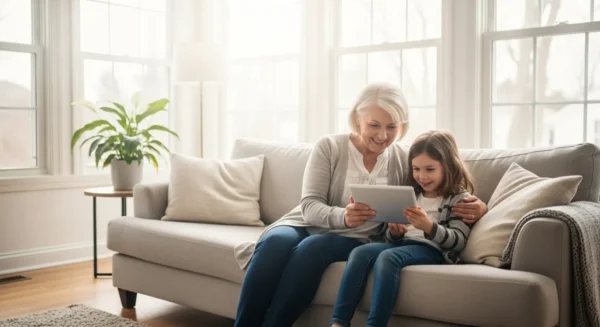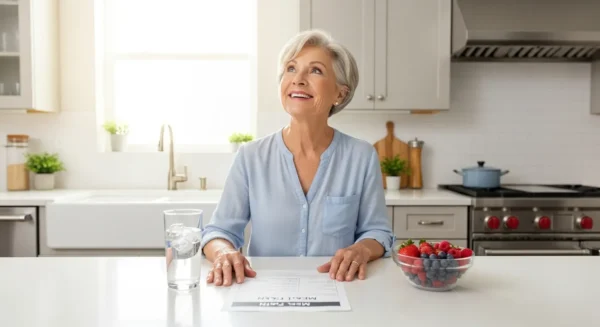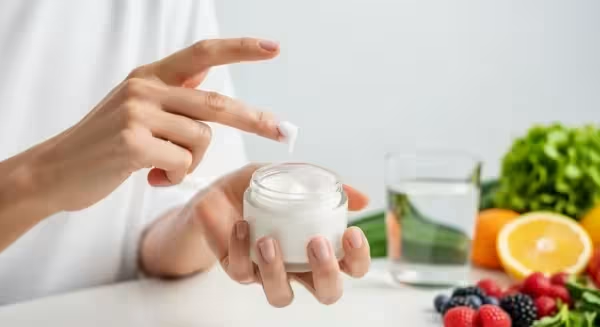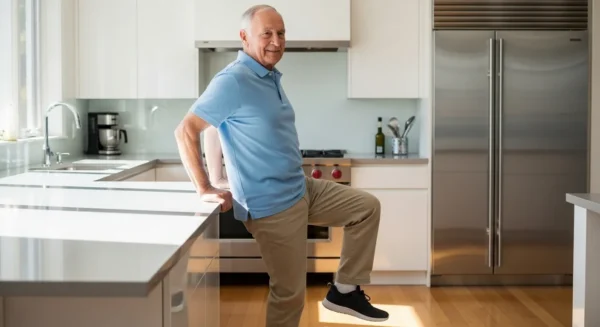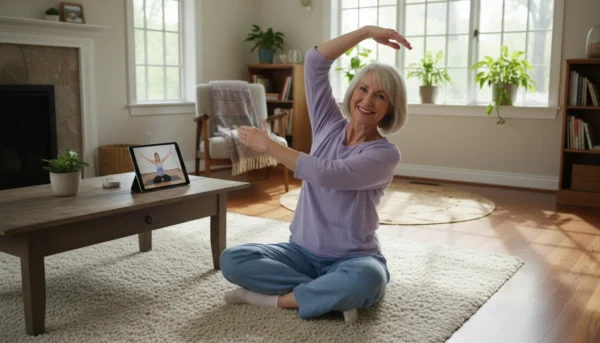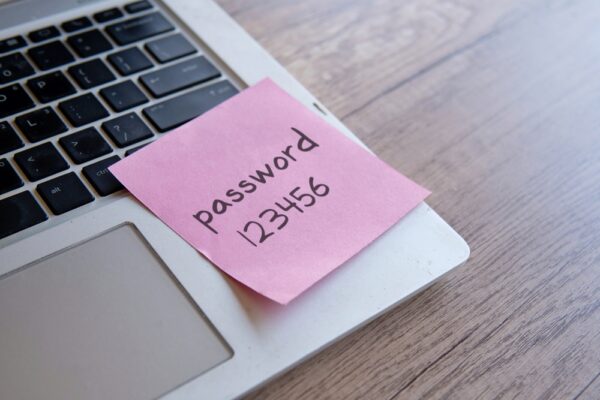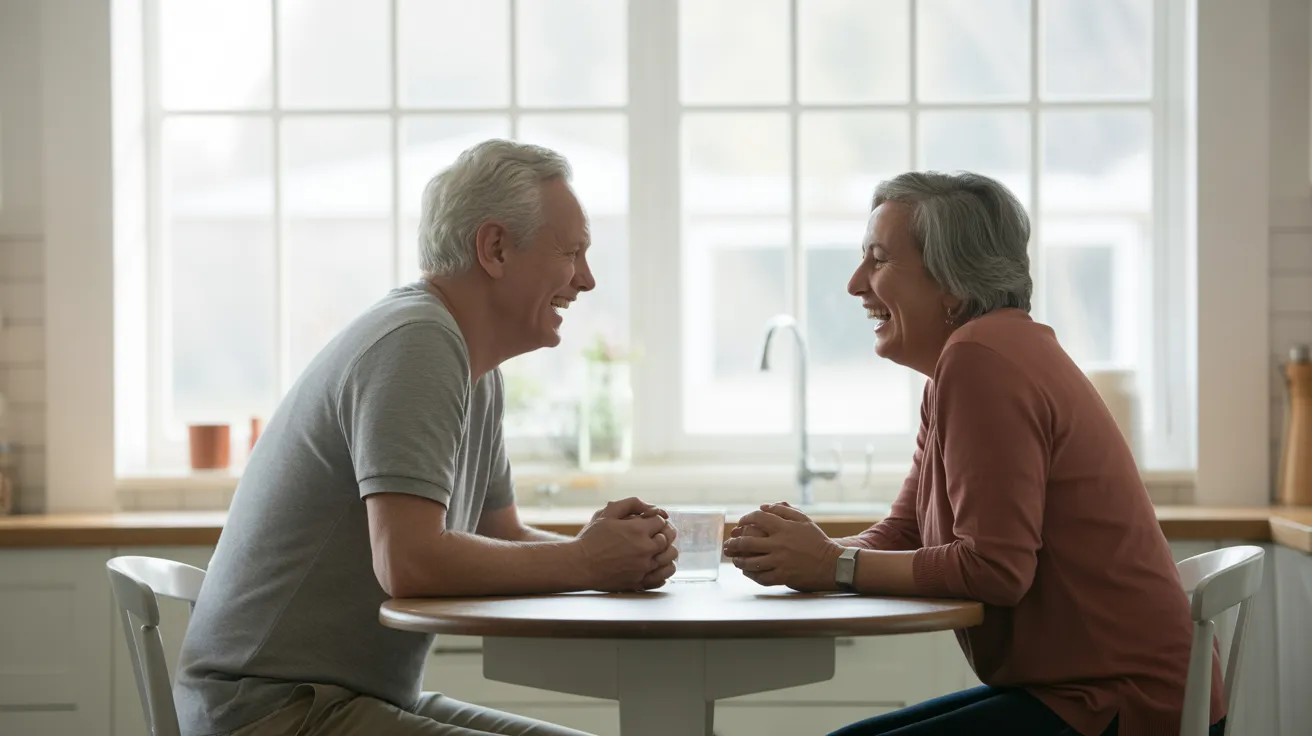
Understanding the Health Benefits (and Any Risks)
The primary benefit of fall prevention is, of course, avoiding injury. A fall can lead to broken bones, head injuries, and other serious physical harm that can require hospitalization and a long recovery. However, the advantages of a safe home environment extend far beyond just the physical. When you feel secure and stable in your home, it has a profound positive impact on your mental and emotional well-being.
One of the most significant benefits is the preservation of senior independence. A safe home allows you to move freely and perform daily tasks without assistance, from making a meal in the kitchen to getting ready in the bathroom. This autonomy is crucial for self-esteem and overall happiness. Furthermore, a focus on home safety can reduce a common issue known as “fear of falling.” This fear can be paralyzing, causing some seniors to limit their activities, stay home more often, and become less physically active. This inactivity can, ironically, lead to muscle weakness and a loss of balance, which actually increases the risk of falling. By proactively addressing hazards, you break this cycle, build confidence, and stay more engaged with life.
Are there risks to consider? The main risk is not one of action, but of inaction. Ignoring potential hazards can have serious consequences. When making changes, the only minor risk is performing modifications incorrectly. For example, improperly installing a grab bar can be more dangerous than not having one at all. That’s why it’s important to either have a professional handle installations or to follow instructions meticulously if you are an experienced DIYer. The goal is to create a support system, not another hazard. The emotional toll of a fall can also be significant; for mental health support and resources, you can consult the National Institute of Mental Health (NIMH).


